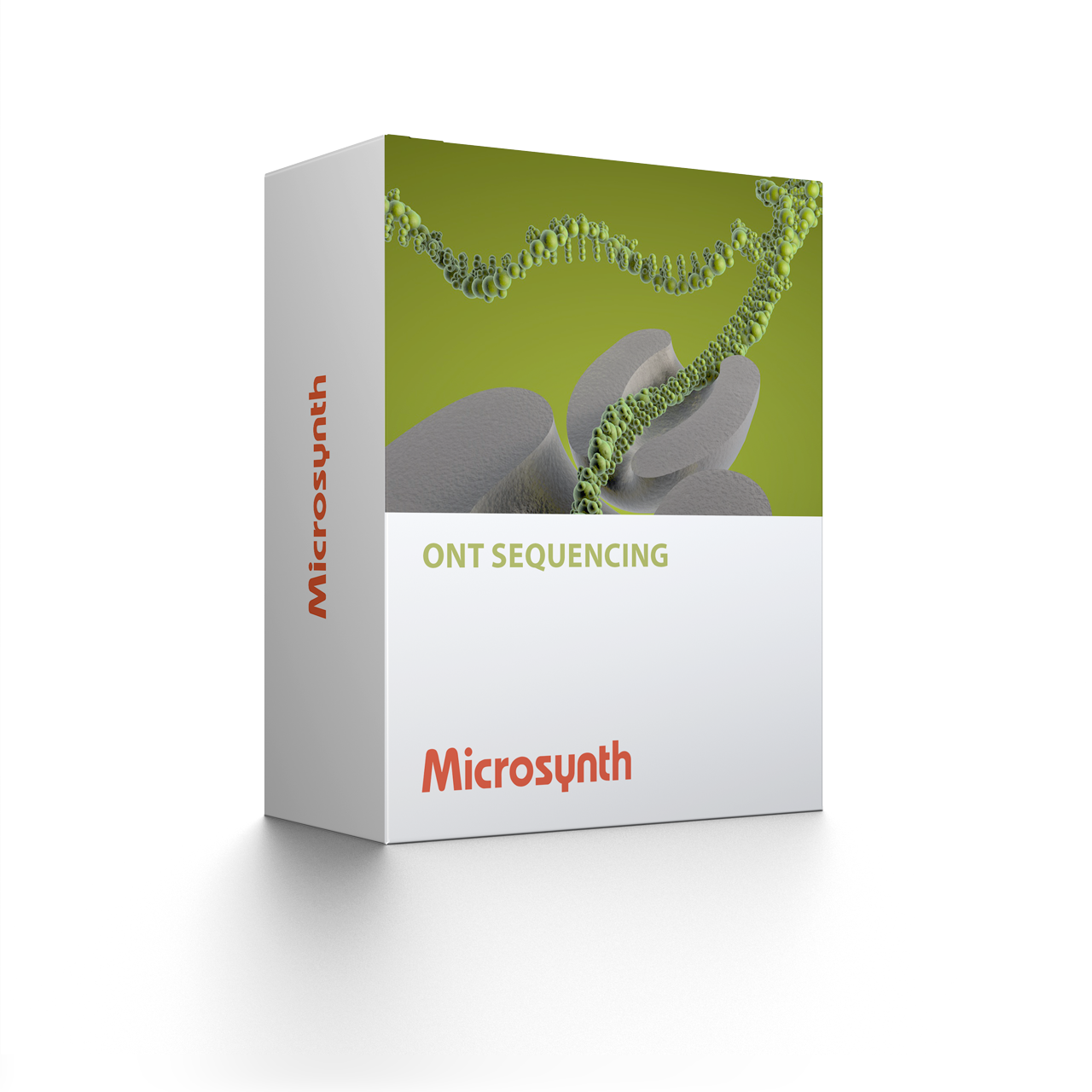
Back to top
ONT De Novo Sequencing (Eukaryotes)

Features and Benefits
De-Novo sequencing with Oxford Nanopore Technologies (ONT) provides unparalleled advantages:
- High-Quality Genome Reconstruction: Achieve exceptional assembly results for small eukaryotic genomes with reads typically >20 kb and up to >200 kb reads.
- Comprehensive Genomic Insights: Includes full genome assembly and functional annotation using reference annotations of related organisms.
- Versatility Across Eukaryotes: Tailored to diverse eukaryotic organisms, particularly those with complex genomes.
- Customizable DNA Isolation Protocols: Address unique challenges such as secondary metabolites, cell walls, or contaminants.
Workflow
Our workflow ensures a seamless and reliable process for obtaining high-quality de-novo assemblies:

DNA Isolation
High-molecular-weight (HMW) DNA is critical for successful long-read sequencing. Our protocols are designed to address challenges specific to eukaryotic samples, such as cell walls (in fungi and plants) and secondary metabolic products. For challenging organisms, we can integrate customer-supplied protocols to optimize yield and quality.
DNA Library Preparation
Libraries are prepared using the appropriate sequencing kit to maximize read length and sequencing efficiency.
Sequencing
Recommended sequencing depth varies based on genome size and quality of DNA:
De-Novo Assembly and Annotation
Using advanced assemblers selected for the specific genome, we deliver highly accurate genome assemblies. Annotation is performed by utilizing data derived from reference genomes from public databases, including:
- Gene Prediction: Identify coding regions within the genome.
- Gene Annotation : Based on homologies to known genes.
- Functional Classification: Based on homologies to annotated reference genomes.
- Standard Annotation Outputs: Includes GenBank files and other common formats.
Results
You will receive detailed and visually clear results tailored for eukaryotic genomes, including:
- High-quality genome assemblies and annotated sequences.
- Functional classifications and genome maps in standard formats for downstream analysis.
Turnaround Time
Results are delivered within 7 days (<30 Mb genome) and 3 to 4 weeks (<100 Mb genome) after receiving the samples.

